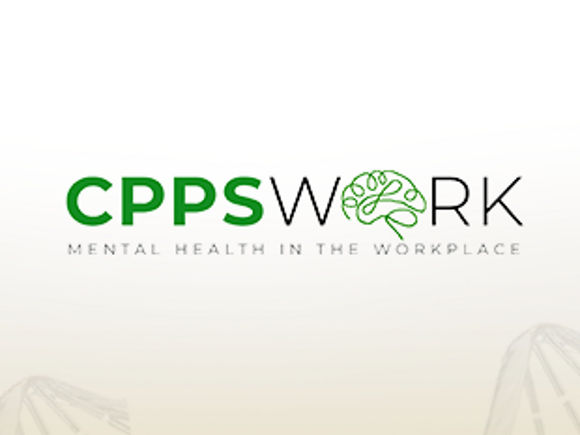For children at the early childhood stage, brain development is most rapid and greatly influenced by the environment. When the quality of stimulation, support and nurture is lacking, there can be detrimental effects on overall development.
At home, children see masked or unmasked faces of parents, caregivers, and siblings. Social isolation and physical distancing leads to new routines, confinement to limited spaces and restricted environments, diminished interpersonal relationships, reduction of physical activities and less sensory stimulation.
Since schools, gyms and parks are closed, there is less physical movement leading to weight gain among children. Unhealthy food is eaten. Online learning results in excessive screen exposure that disrupts sleep leading to children being unable to focus.
Remote learning requires schedule flexibility and intensive parental participation. Parents can:
1. Plan a routine together with children
a. Play – “Children engaged in quality play experiences have well-developed memory skills, language development; are able to regulate behaviour, leading to enhanced school adjustment and academic learning.” (Bodrova & Leong, 2005)
“Children build relationships, learn to resolve conflicts, negotiate and regulate their behaviors. In play, children have feelings of success and optimism as they act as they make their own choices.”
b. Physical Exercise - Exercise/physical activity is a proven strategy to reduce anxiety symptoms. Add basic exercise routines for the family - walking and counting daily steps or using an online/app-based workout.
c. Household Chores – For fine and gross motor skills
2. Have open conversations- Recognize and label emotions, and help kids understand how to cope.
3. Take time - a few minutes building up to more learning time together.
4. Protect children online.
5. Stay in touch with children’s teachers.
Children enrolled in Early Childhood Education programs achieve more success at school. Early childhood care and education (ECCE) aims at the holistic development of a child’s social, emotional, cognitive and physical needs to build a solid foundation for lifelong learning and wellbeing.




















